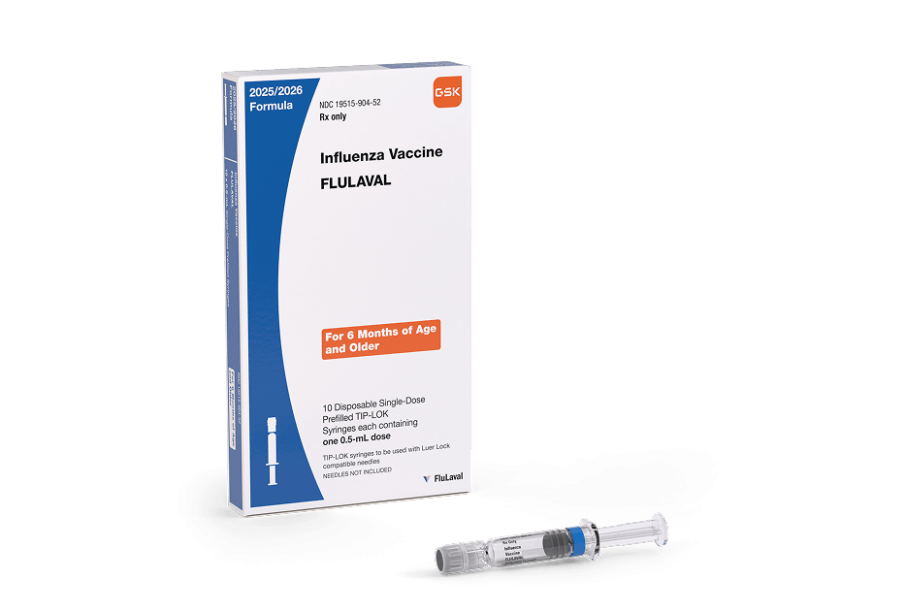The Significance of the Flu Jab in 2023

Introduction
The flu jab, or influenza vaccine, plays a vital role in safeguarding public health, particularly as we follow the signs of changing viral strains and seasonal outbreaks. With the World Health Organisation (WHO) continuing to encourage vaccination, understanding its importance in 2023 is crucial for both individual protection and the minimisation of healthcare system strain.
The Importance of the Flu Jab
Each flu season brings its own set of challenges, and as we enter the winter months of 2023, the flu virus shows signs of becoming more virulent. Epidemiological studies indicate that flu cases surged in several regions this year, with some countries reporting hospitalisation rates similar to those seen prior to the COVID-19 pandemic. This resurgence has been attributed to waning immunity and social behaviours as restrictions have eased.
The flu jab is recommended for everyone aged six months and older, especially individuals in high-risk groups, including young children, elderly individuals, and those with underlying health conditions. The vaccine works by stimulating the immune system to recognise and fight off influenza viruses, reducing both the likelihood of contracting the illness and the severity of symptoms if infected.
Current Flu Vaccination Campaigns
In the United Kingdom, the National Health Service (NHS) has launched widespread campaigns aimed at increasing vaccination uptake. According to the latest reports, as of late October 2023, approximately 40% of eligible individuals have received their flu jab, an increase from last year’s figures. This growth is largely due to outreach efforts, including appointment-based vaccinations and community-driven educational initiatives, which highlight the effectiveness of the vaccine and dispel prevalent myths associated with immunisations.
Conclusion
In conclusion, the flu jab remains a central part of public health strategy in 2023. As flu viruses continue to evolve, vaccination not only protects individuals but also contributes to herd immunity, which is integral in keeping communities safe. With the ongoing campaigns and a robust healthcare response, the hope is to see increased participation in vaccination efforts, ultimately leading to a diminished impact of seasonal influenza. As we move forward, it will be critical for individuals to prioritise their health and consider getting vaccinated to mitigate the flu’s potential complications.









